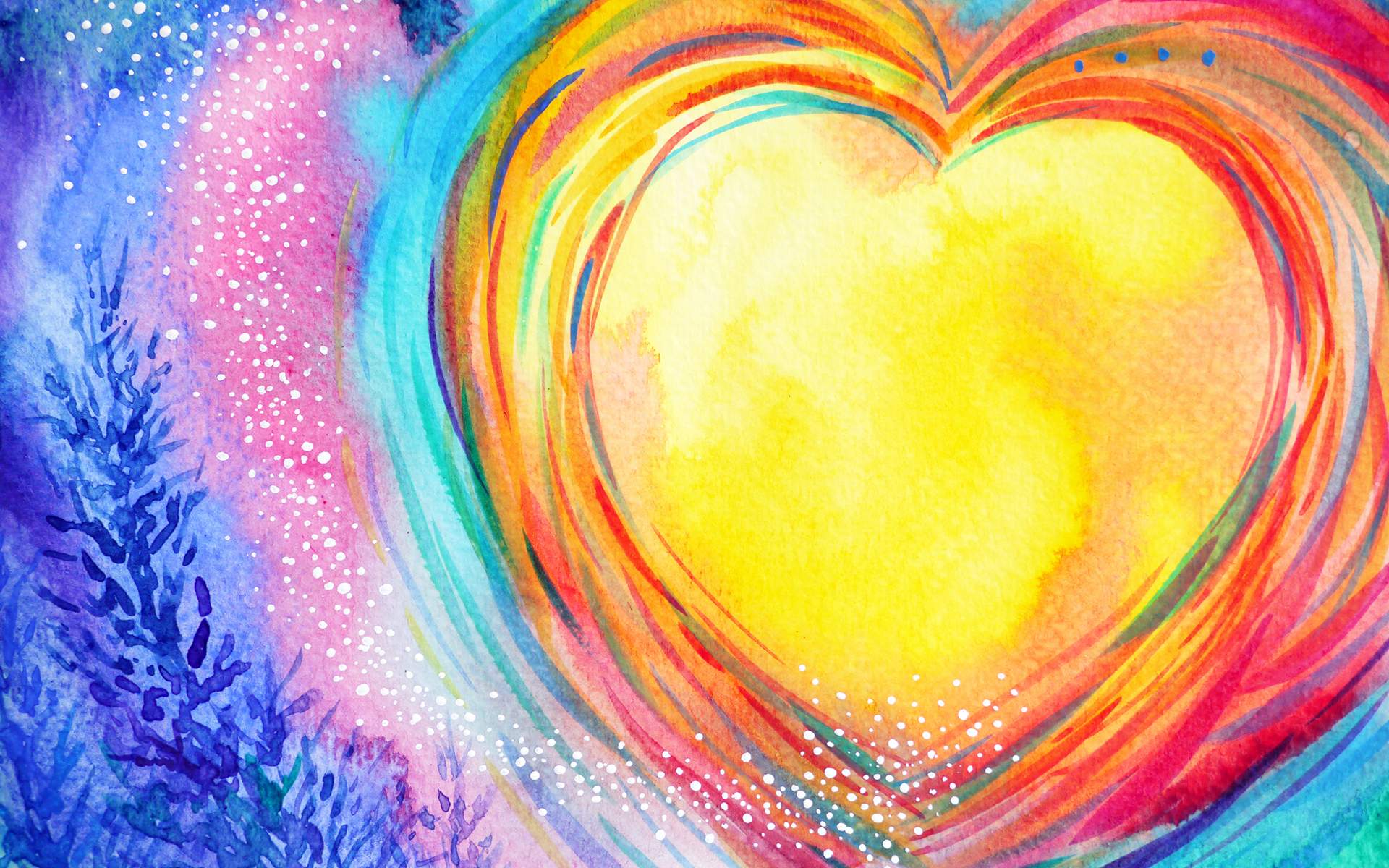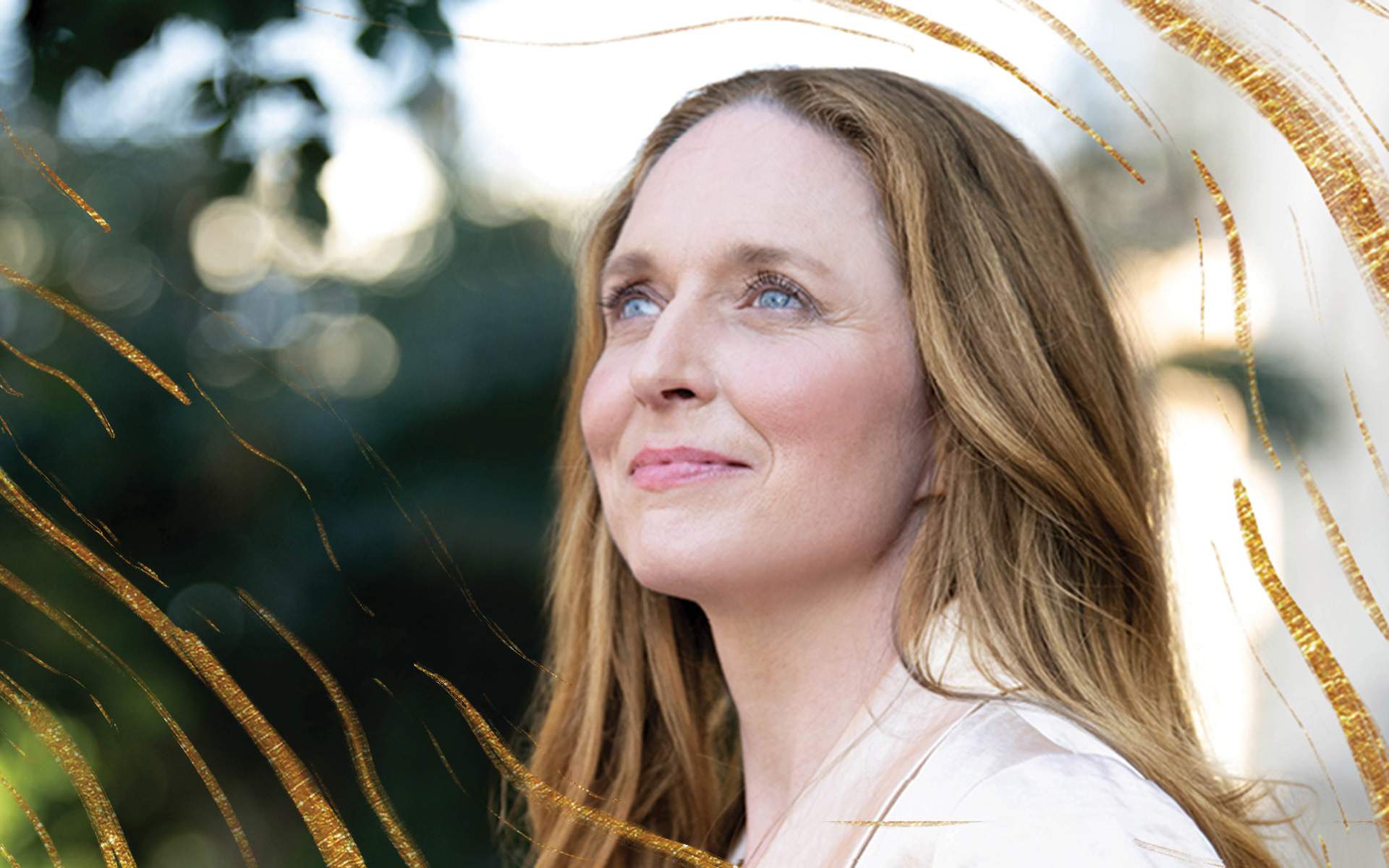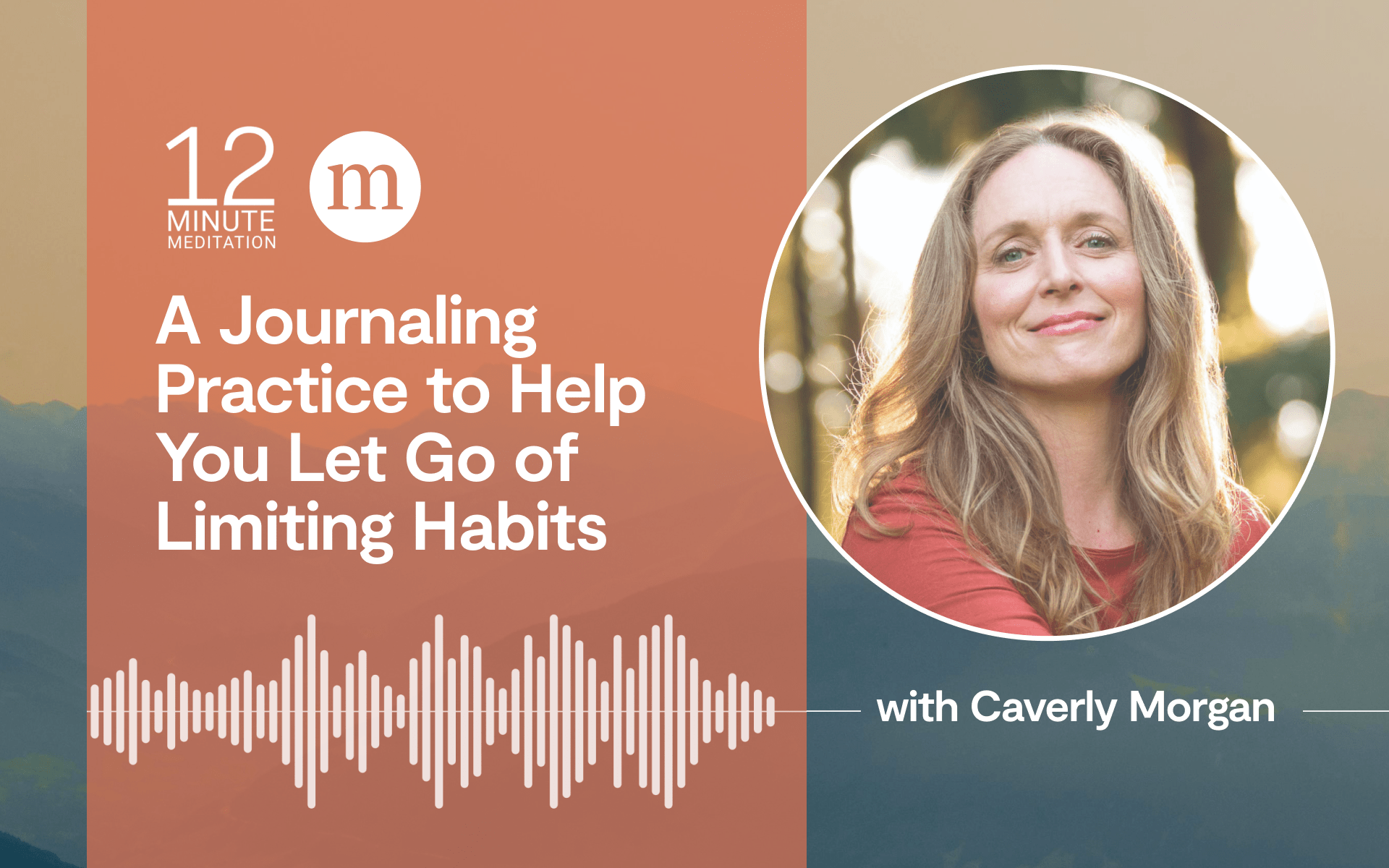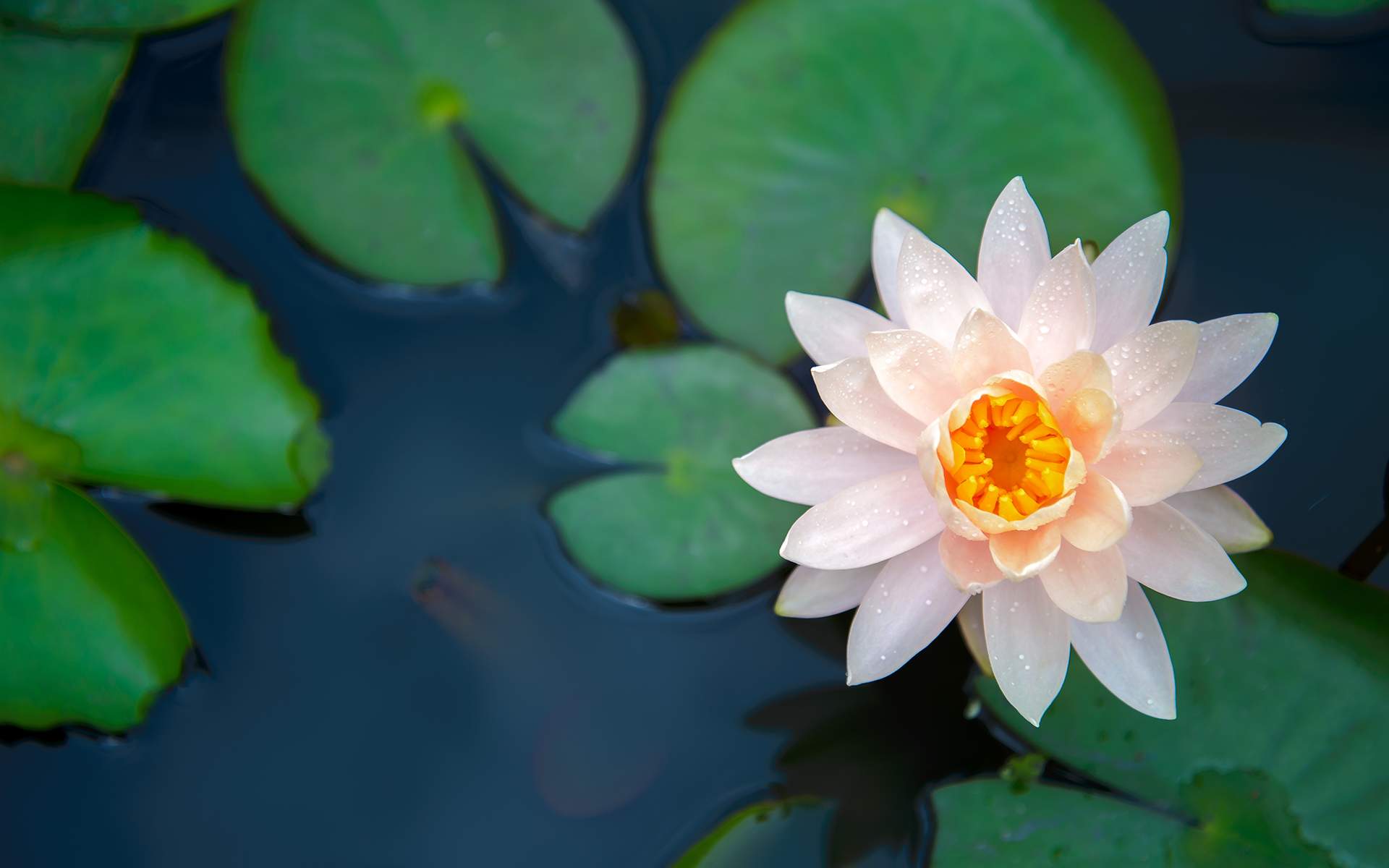Paulus could, at a minimum, be described as quirky, though some would say he was wildly eccentric. No cell phone. No email account. Making clay pinch pots that he returned to the Earth instead of firing and selling, Paulus was a pipe-smoking, barefoot-in-summer-grass, NPR-loving, committed to-slow-and-savor hermit of sorts. He was a queer artist living the simplest life I’d ever touched—or, better said, that ever touched me.
But Paulus did more than live differently. Paulus revealed new worlds. This world revolved around a profound love of craft, but not just any craft. Craft that centered around connection, belonging, reverence for the Earth, and beauty. Craft that was about process over product. The how, not the what.
When I first met Paulus Berensohn, I was 16 with a fresh-off-the-press driver’s license and a world that could still be packed into my knapsack. I knew nothing of his book Finding One’s Way with Clay. I knew nothing of his work that furthered the notion that creativity is universal. I knew nothing of the thousands of lives he’d touched through his teachings. To me, he was my fairy godfather (a title he coined and lived into with grace), and he was magic.
His house was full of precious handmade objects, altars, color, music, and stillness. It was here he introduced me to journal making, working with clay, poetry, qigong, and so much more. Spending time with Paulus was like entering an alternate reality. Everything he created and did felt infused with sacredness. His life was a prayer, a poem, a hymn. Of all the influences he had on my life, what of this new world affected me most? His deep engagement with life and the uplifting joy of his unconditional love. With Paulus, anything felt possible. In experiencing Love, that’s how it goes. In unconditional love, possibility is born. There it sings. In unconditional love, possibility thrives.
In unconditional love, possibility is born. There it sings. In unconditional love, possibility thrives.
I was at a Gen X Dharma Teachers gathering in the middle-of-nowhere Colorado when I intuited he was dying. A phone call confirmed it. Expectant and heartbroken, I was in the middle-of-nowhere North Carolina by the next day. As I entered his post-stroke hospital room, I found him in awe. Completely consumed in wonder. Reciting poems without words. Being moved by music I couldn’t hear. This wasn’t my first experience being with someone who had begun the process of transitioning from this earthly realm, but I had never seen anything like it. Paulus didn’t say he had a stroke. He said, “I’ve been stroked by life!” Eyes open, in every sense of it, Paulus had been stroked by life—and by Love, by awe. He was awake.
I spent the last week of his life with him, over 30 years after our first meeting, and his engagement with life shone more brightly than ever. I will forever be moved by the lack of resistance he displayed as he explored various levels of consciousness with ease and grace. He taught me, even from his deathbed, without words. He taught me about patience and acceptance. Most profoundly, Paulus taught me about Love.
The Heart of Who We Are
In so many cases, how we do anything is how we do everything. For many of us, as death calls, we can be found clamoring, clawing, clinging to what we know. Grabbing what we deem as “mine.” Grasping for what we believe we deserve. Gripping the paper doll of identity. This, of course, is not required.
We are deeply habituated to fear death. Our reaction to death can be a mirror for how we face the challenges of our lives. Do we open? Or do we turn away in moments of difficulty? When love feels scarce—when we feel cut off from our very being—how are we conditioned to survive our lives?
When love feels scarce—when we feel cut off from our very being—how are we conditioned to survive our lives?
Survival strategies (in the sense of preserving a part of our inner self, our beliefs about who and what we believe ourselves to be) are compensations for the felt sense of separation, the perception of falling from grace, when love feels out of reach or an overall belief that we are lacking takes hold. They are the strategies we develop, the actions we take, to not only move away from the pain of a felt sense of separation but also to attempt to return to feeling whole. We think we need to do something to get love because we have falsely believed that Love is not inherent. That we must do in order to belong. Survival strategies keep in place the felt experience that we are a separate self. There is little thriving here. Plenty of surviving, however. These strategies—thoughts, beliefs, and actions—offer us just enough to keep our head above water as we navigate the circumstances of our lives.
Survival strategies arise on behalf of the ego, and much is woven into their fabric. The inner critic, personal and collective conditioning, our traumas—all become part of the tapestry of who we mistakenly assume ourselves to be.
Seeing these strategies for what they are can create pathways for returning, for remembrance, for releasing into inherent belonging—into the heart of who we are.
Seeing these strategies for what they are can create pathways for returning, for remembrance, for releasing into inherent belonging— into the heart of who we are.
As Paulus moved toward his death, he displayed an easeful divestment. Gently and with great openness, he shed layers of himself that were not fundamental to his being. When moving through life, he left no stone unturned. Bringing curiosity and inquiry to his experience was his way. As he moved toward death, this continued to be so. He took his time. He listened. He opened toward rather than shrinking away. He didn’t rely on survival strategies. Even in death, Paulus chose wonder. He chose Love.
Recognizing Survival Strategies
As a monastic, I learned to recognize survival strategies. This allowed me to clearly see the ways I learned to keep my sense of self intact in times when my inner critic was at its worst, when I felt isolated, when I felt my survival was threatened—not physically threatened but existentially; when belonging felt inaccessible. This seeing, the recognition of how I survived my life, has been an invaluable contemplative technology for me.
When our survival strategies are revealed, we see clearly that these strategies are actually keeping us from wholeness, from thriving. They promise a return to what is inherent, but they cannot deliver. Thriving comes when we are seated firmly in ourselves, when we recognize our inherent wholeness, when we feel and know our inherent belonging.
To use one of my own survival strategies as an example: I learned at a young age that if I did things well, if I got things “right” (according to the conditioned standard around me, of course), I would receive favorable attention. That lens made getting things “wrong” more and more unbearable. That’s not simply because I was granted positive attention as I did things well, but also because I perceived disdain, scorn, and rejection as the result of not doing things well. Somewhere along the way, “well” slid into a conditioned vision of “perfection,” and “failure” became the final nail in the coffin. Not doing things perfectly revealed my innate unworthiness, my inherent wrongness. Again, all this is according to a conditioned standard.
Seeing how we have survived our lives is important because it shows us that maintaining our survival strategies is an inside job. In terms of our growth, it can be paramount to see this and fully understand how survival strategies—while perhaps sparked by and validated through external events and circumstances— actually live within. They arise out of distortion and maintain distortion from the inside out.
The good news about this? We cannot control the circumstances and events of our lives. We can have stewardship over our interpretation and therefore our experience. Consider the Chinese Taoist philosopher Chuang Tzu’s empty boat:
If a man is crossing a river
And an empty boat collides with his own skiff,
Even though he be a bad-tempered man
He will not become very angry.
But if he sees a man in the boat,
He will shout at him to steer clear.
If the shout is not heard, he will shout again,
And yet again, and begin cursing.
And all because there is somebody in the boat.
Yet if the boat were empty,
He would not be shouting, and not angry.
If you can empty your own boat
Crossing the river of the world,
No one will oppose you,
No one will seek to harm you.
When we are identified with a conditioned survival strategy, our boat is full. Whether identified with the “perfectionist” in an attempt to know our inherent goodness, or the “helper” we think will make us lovable, or the “achiever” that will validate our worthiness, such strategies have one thing in common: They begin with the distorted view that we are not already fundamentally good or right, inherently lovable, and intrinsically worthy.
Each survival strategy is an expression of a limited mental perspective on reality. From this perspective, what’s inherent has been veiled. The labels “perfectionist,” “helper,” “achiever” are from the model of the Enneagram, a tool I’ve found to be particularly powerful for personal and collective transformation. The Enneagram is a useful framework of nine distinct strategies for relating to the self, others, and the world, but survival strategies can take countless forms.
Imagine that, as a child, you were reprimanded for having needs. You might have learned to survive by showing the world that you can take care of yourself. You’re self-sufficient and self-reliant. Perhaps, though, you became hyper-independent at all costs. Or perhaps you were raised in a “Don’t be a crybaby!” environment and you had nowhere to bring your upset. Little opportunity to be seen and held. You might have learned that you need to be tough, to hide your emotions, to push forward no matter your internal experience.
A question for you to reflect upon: Who did you become in order to survive your life? There’s no right or wrong answer here. If you consider the experience of presence, being fully here and now, as being an empty boat, ask: Who did you become in order to manage the stress of life? What form filled the boat? Think of this form (or forms—for certainly there can be more than one) as compensations, forms that came into being as you felt you lost something that is, in fact, inherent.
The original delusion is that, on a fundamental level, we do not belong.
The same is true of survival strategies. The original impulse to engage in these strategies arises out of our deep longing to connect with what’s most primary and most fundamental—our very being. The distortion that we are separate fuels the strategy. We feel cut off. We try to reconnect. The original delusion is that, on a fundamental level, we do not belong. We cannot experience our inherent freedom and be identified with this distortion at the same time.
Recognize Your Unmet Needs
Beneath every survival strategy lies an unmet need. Consider when you were a child. What kinds of unmet needs were present? And what behaviors did you engage in out of an attempt to meet those needs? Do any of these behaviors continue today? Some unmet needs that people I’ve worked with have articulated over the years:
To feel loved
To be accepted
To know that I’m worthy
To be seen and valued
To belong
Take some time to add your own. What’s important to recognize about survival strategies is that they are not you. Just as you are not your thoughts. Just as you are not your negative self-talk. You are not your survival strategies.
In our original training manual for teachers at Peace in Schools, we made this essential clarification: “This is not a free pass for unjust, harmful, racist, etc. behavior. For example, ‘I did that harmful thing but that’s not who I am so I’m off the hook.’ This just re-creates and reproduces suffering and violence; this is another breach in the recognition of our shared being. The purpose of recognizing that we are not our conditioning is to empower us to bring our actions into alignment with who we authentically are, to have our actions embody the recognition of our shared being and inherent interconnection.” What’s also important to recognize is that we’re habituated to try to meet our unmet needs through external sources. It’s a game changer when you realize you can meet your own unmet needs—that the healing happens within.
Excerpted from the book The Heart of Who We Are: Realizing Freedom Together by Caverly Morgan. Copyright © 2022 Caverly Morgan. Reprinted with permission from the author and the publisher, Sounds True.
read more
The Journey Toward Belonging: A Q&A with Caverly Morgan
Caverly Morgan felt a call to reconcile the wisdom that arose from her mindfulness practice with the systems of oppression at work in our world. In this conversation with Mindful contributing editor Stephanie Domet, she explores that reconciliation and shares what she’s learned about our inherent freedom.
Read More
A Journaling Practice to Help You Let Go of Limiting Habits
Instead of judging yourself for what you want or what you’re feeling, explore these writing prompts to help you turn toward your experience with greater understanding and self-compassion.
Read More
Allowing the Truth to Surface
Caverly Morgan explains how we can use the practice of inquiry to loosen our grip on “us versus them” thinking and shift into a deeper perspective on our shared being.
Read More






